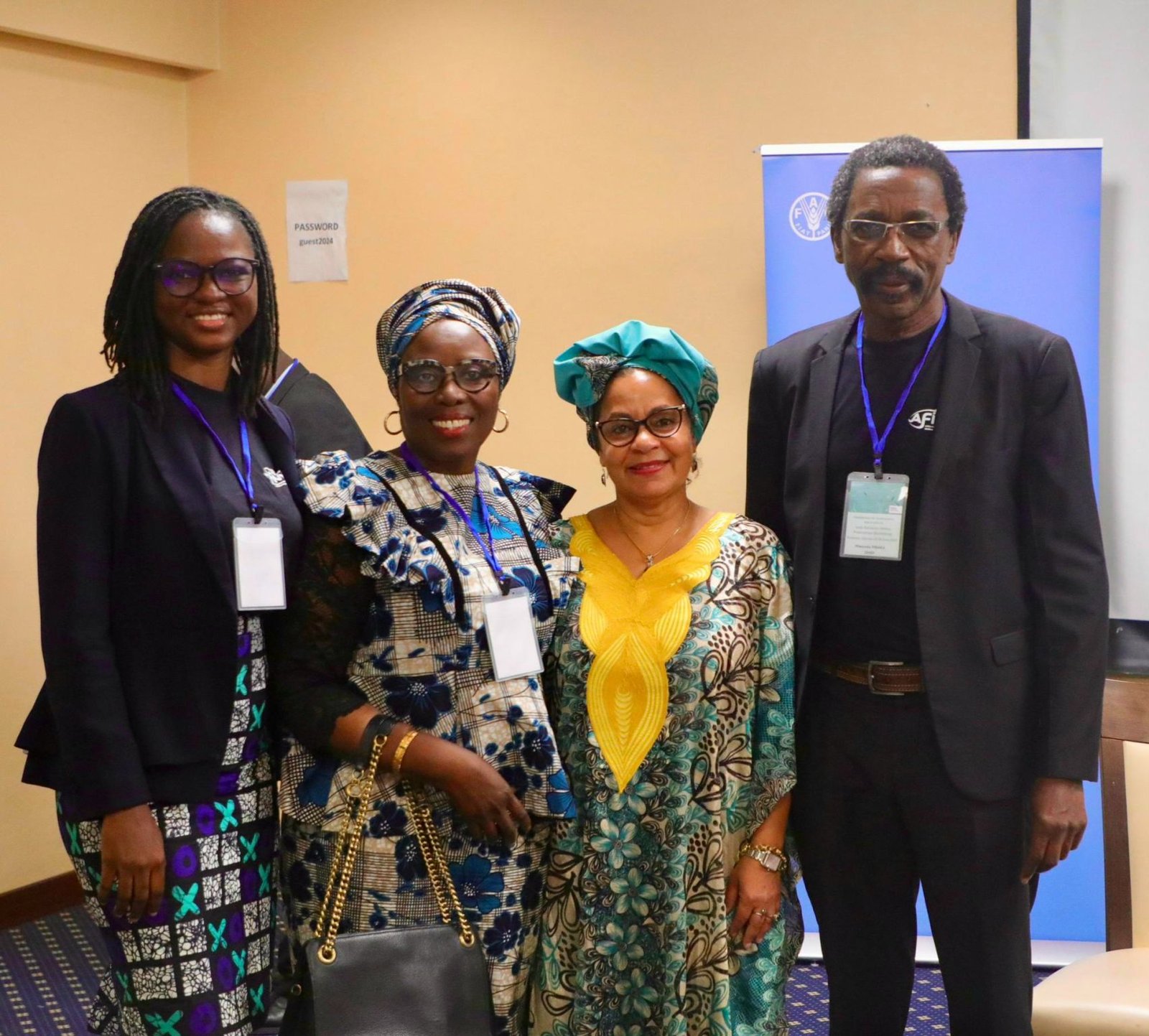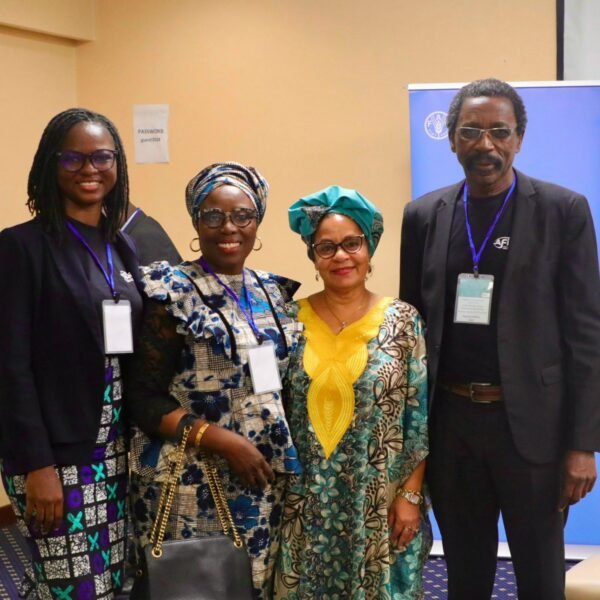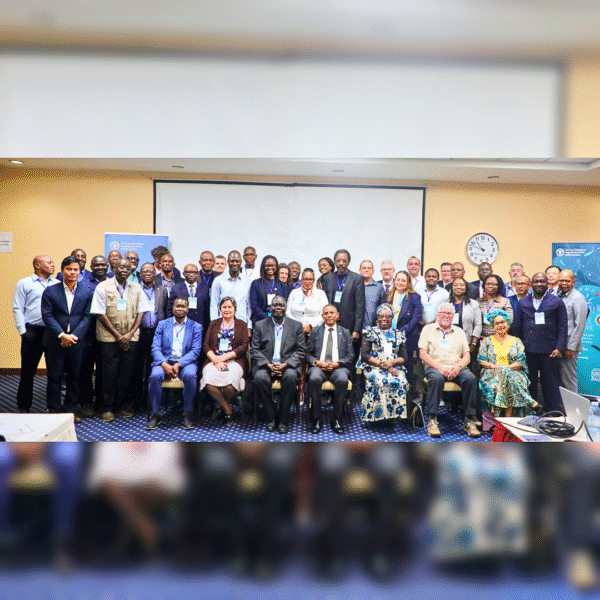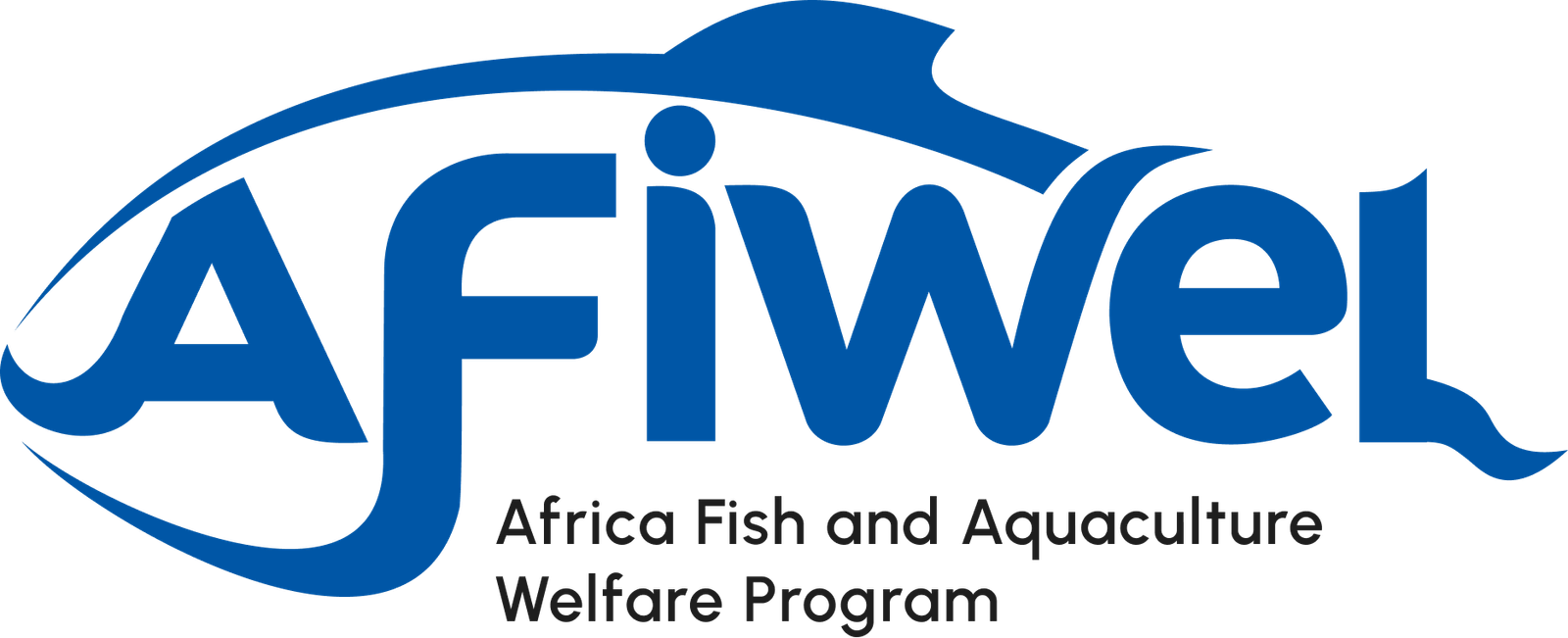
Strengthening Africa’s Aquaculture: AFIWEL Supports FAO’s Sustainable Guidelines

Strengthening Sustainable Aquaculture in Africa: AFIWEL Participates in FAO Regional Workshop on the Guidelines for Sustainable Aquaculture (GSA)
One Health and Development Initiative (OHDI), through its flagship Africa Fish and Aquaculture Welfare (AFIWEL) Program, proudly participated in the recent FAO Regional Workshop on Promoting the Guidelines for Sustainable Aquaculture (GSA) in Sub-Saharan Africa. Represented by Dr. Kikiope Oluwarore (AFIWEL Program Lead & Executive Director, OHDI) and Dr. Mwenda Mbaka (AFIWEL Policy Consultant), AFIWEL joined a select group of policy actors, researchers, farmer representatives, civil society, and regional institutions to co-create a roadmap for advancing sustainable aquaculture across Africa.
Context: Aquaculture at a Crossroads in Sub-Saharan Africa
While Sub-Saharan Africa is home to the world’s fastest-growing aquaculture sector, growing at over 11% annually, its contribution to global aquaculture output remains under 3%. The FAO convened this workshop to promote uptake of the Guidelines for Sustainable Aquaculture (GSA), a comprehensive framework designed to address systemic barriers to sustainable growth, ensure food and nutrition security, and align aquaculture practices with environmental, social, and governance (ESG) standards.
AFIWEL’s Representation and Strategic Input
The Africa Fish and Aquaculture Welfare (AFIWEL) Program is a pan-African initiative led by One Health and Development Initiative (OHDI) to scale ethical, welfare-compliant, climate-smart and sustainable aquaculture across the continent. Through farmer training, policy advocacy, upcoming certification systems, and digital tools, AFIWEL is setting the standard for Africa’s sustainable aquaculture transformation. Dr. Oluwarore and Dr. Mbaka represented the AFIWEL Program and brought to the workshop a dual lens of technical depth and policy foresight, sharing lessons from AFIWEL’s continental work in fish welfare, responsible aquaculture practices, and pro-poor value chain development. Their contributions were anchored in the AFIWEL SAFE framework, a model advancing Sustainable, Affordable, Food-Safe, and Ethical aquaculture in Africa.
During the workshop, AFIWEL actively contributed to three key thematic areas aligned with the FAO’s Guidelines for Sustainable Aquaculture (GSA).
In the group on Governance, Resource Use, and Farm Management, AFIWEL emphasized the pressing need for enforceable fish welfare and environmental standards, particularly for small and medium-scale farms. They also highlighted the fragmented nature of aquaculture governance across ministries and the near-total absence of animal welfare considerations within existing policies and investment frameworks. AFIWEL recommended that GSA principles be mainstreamed into national agricultural and environmental investment plans, with fish welfare indicators integrated into licensing and certification processes. They also proposed establishing multi-stakeholder Aquaculture Governance Platforms to drive coordinated, cross-sectoral implementation on this.

In the second group focused on Social Responsibility, Value Chains, and Market Access, AFIWEL raised concerns about the exclusion of women and youth, weak labor protections, and market barriers faced by smallholder and women-led enterprises. They stressed the lack of ethical production standards and social accountability within the sector. Their proposed solutions included institutionalizing decent work frameworks and promoting ESG-aligned investments that center small-scale producers.
For the third group on Communication for GSA Implementation, AFIWEL called for accessible and context-specific communication strategies. They proposed the development of simplified, illustrated GSA handbooks in local languages, and the use of community radio, religious networks, and digital platforms like WhatsApp to engage grassroots actors. They also recommended producing audiovisual materials, such as documentaries and infographics, to raise awareness on welfare and sustainability in aquaculture. These efforts, AFIWEL emphasized, should be part of broader national campaigns linked to responsible production, food security and climate resilience.
At One Health and Development Initiative, we affirm our commitment to the GSA implementation through the AFIWEL Program to transform African aquaculture into a resilient, ethical, and economically viable system.

